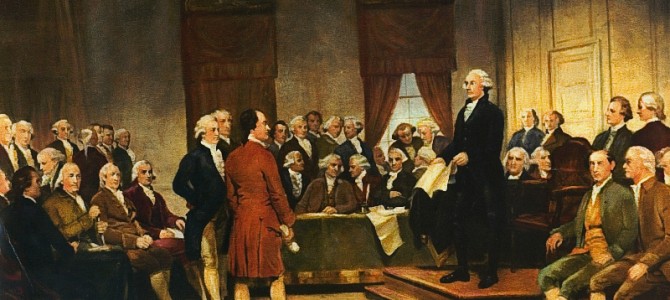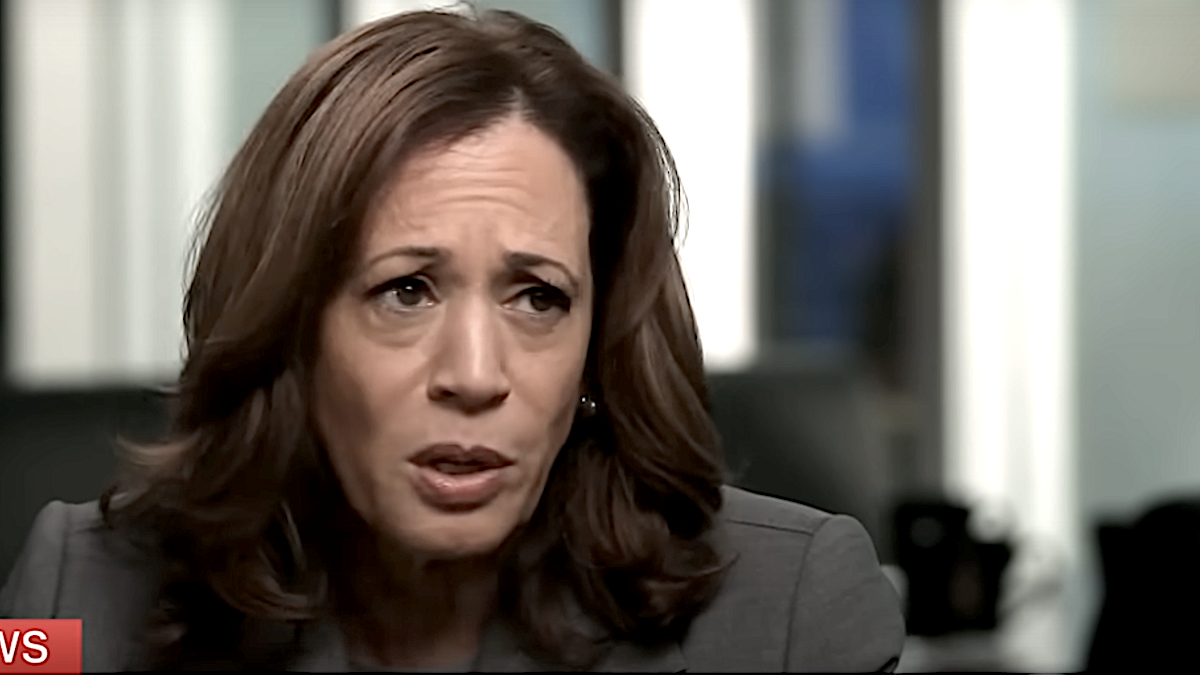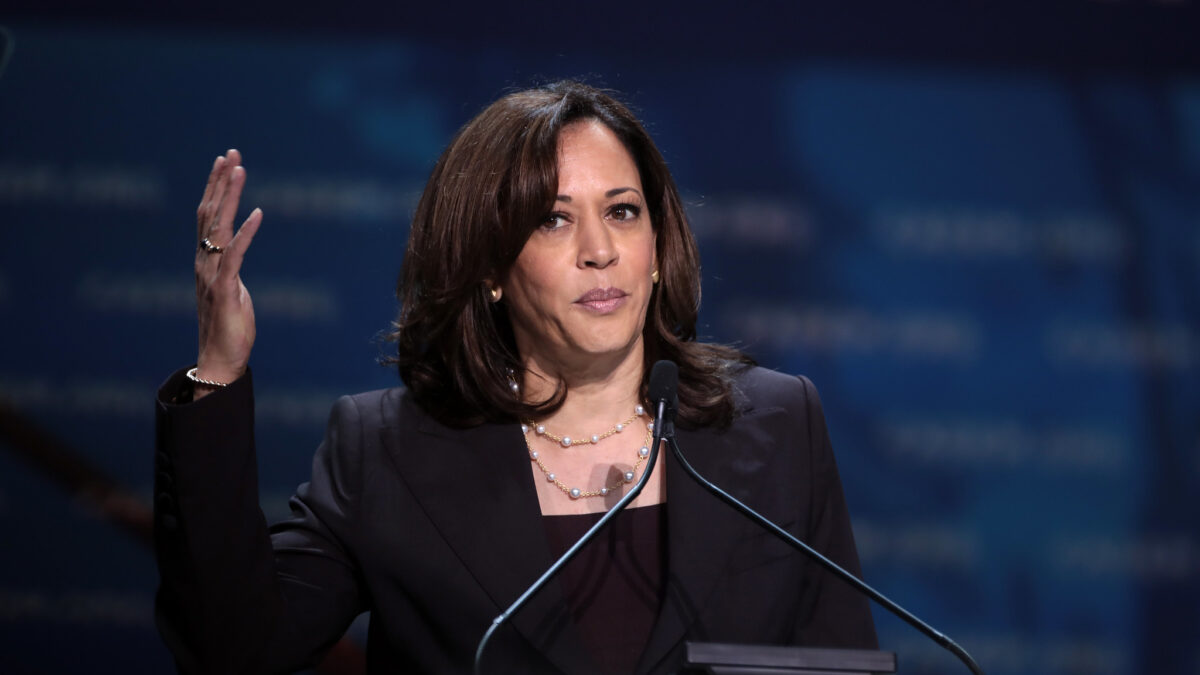The events of the last few weeks have nothing to do with government dysfunction, lack of leadership, or any of the other quack diagnosis the talking heads commonly throw around. What’s happening on Capitol Hill is a symptom of the fact that the type of state we’ve been creating for the past century or so is increasingly at odds with the style of government we have.
Although we often simplify the whole system by considering them as a single entity, the government and the state can be thought of as distinct. The government is the mechanical deliberative process set forth by the constitution to pass laws while the state is the bureaucrats, the experts, and the paper pushers who turn the law into action. In the most basic sense, if think of the government as the entity that appropriates money, the state is the one that spends it.
An expansive bureaucratic state that controls a broad range of services needs to be flexible and adaptive. It needs to be able to shift funds and adjust its methods at a pace that’s as rapid as the changing demands of the people whom it services. In other words it needs to act more like a free market.
By contrast, the form of government set forth by the constitution is purposefully sluggish and deliberative. Our founders having seen the danger, it was designed to be a barrier against the very type of state we see growing beneath it.
As this state grows, so too do the critical demands made upon it. The stakes associated with timely legislative action grow ever greater. The slowly grinding gears become increasingly detrimental to its ability to function well. Delay and debate, once the hallmark of the American system, becomes a danger to the people who grow dependent upon this system.
Think of it this way: if the people rely on the state for every major service they consume, is that compatible with a system in which a minority group can turn off the services with relative ease? Of course it isn’t. That kind of arrangement is a recipe for perpetual instability. If you need any more evidence of this, all you need to do is look at the fact that our government has become increasingly driven by crises.
Last week, Chris Hayes made limited government advocates cringe when he blamed the very foundation of our system of government for the crisis in DC. “It’s the Constitution’s fault,” Hayes said, “and something truly catastrophic was bound to happen sooner or later.” Although his opinion on the matter is informed by an ideology that values the power of the bureaucratic state more than he values a government designed to keep that power limited, Hayes’ critique is actually accurate.
So how do we resolve the problem?
If there’s a grenade in the room, someone is going to eventually pull the pin. Something has to give.
One possibility is that minority political groups, like conservatives, cease to exercise the power the U.S. system of government affords them. Of course, that solution is neither realistic nor fair.
The second option is more promising and realistic: the bureaucratic state is discredited. To this end, the limited government crowd has received a gift in the slow motion train wreck that is Obamacare. Don’t blow it.
Nick Rizzuto is the Producer of Real News on TheBlaze TV.









